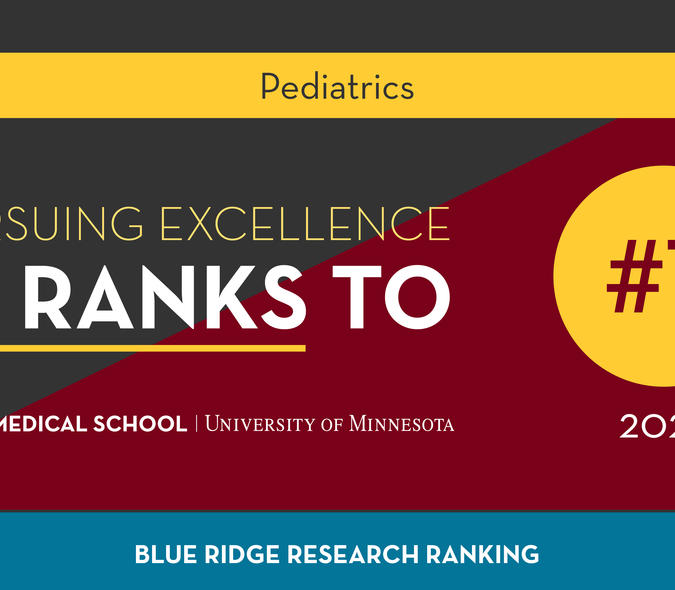Kids generally don’t develop severe cases of COVID-19. But what about long-haul symptoms?
With the prevalence of cases caused by the Delta COVID-19 variant increasing and children under the age of 12 still remaining unvaccinated for the foreseeable future, researchers are beginning to dive deeper into long-haul COVID symptoms in children. Though severe illness, long-term complications, and hospitalizations from COVID-19 in children are rarer than in adults, with the new variant circulating, hospitals and rehabilitation facilities are seeing a slow increase in more severe cases.
According to Beth Thielen, MD, PhD, Assistant Professor in the Division of Pediatric Infectious Diseases at the University of Minnesota, long-haul patients, including children, could experience persistent fatigue, joint and muscle pain, loss of taste and smell, among other less common symptoms. The causes of these long-term symptoms aren’t well understood in adults with little supporting research, so there is even less data on these symptoms in children. Additionally, during COVID infection children also experience the risk of developing multisystem inflammatory syndrome (MIS-C), which could cause life-threatening inflammation of multiple organ systems. Therefore, as school and fall activities are again quickly approaching, parents should consider their child’s social-emotional well-being, underlying risks, and whether the child or a family member is immunocompromised before making any decisions. To read the full article and more about children’s COVID risks and considerations, please follow this link.

